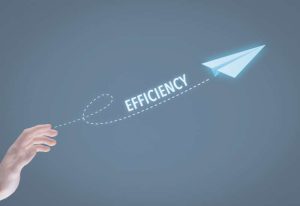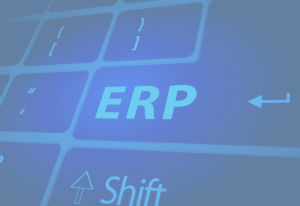
Cloud Enterprise Resource Planning (ERP) systems are becoming increasingly popular among businesses of all sizes due to their flexibility, scalability, and cost-effectiveness. However, there are still several misconceptions surrounding cloud ERP systems that prevent some businesses from adopting this technology. In this article, we debunk the biggest myths about cloud ERP systems.
Myth #1: Cloud ERP systems are less secure than on-premise systems One of the biggest concerns surrounding cloud ERP systems is their security. However, cloud ERP systems are actually more secure than on-premise systems. Cloud ERP providers use the latest security technologies, such as encryption, firewalls, and intrusion detection systems, to protect their customers’ data. Additionally, cloud ERP providers have dedicated security teams that continuously monitor and update their security protocols to stay ahead of the latest threats.
Myth #2: Cloud ERP systems are expensive Some businesses believe that cloud ERP systems are more expensive than on-premise systems. However, this is not necessarily true. While the upfront costs of cloud ERP systems may be higher than on-premise systems, they offer several cost-saving benefits in the long run. For example, cloud ERP systems require less IT infrastructure, reducing hardware and maintenance costs. Additionally, cloud ERP systems are highly scalable, allowing businesses to pay only for the resources they need, and easily add or remove resources as their needs change.
Myth #3: Cloud ERP systems are less customizable than on-premise systems Another common myth about cloud ERP systems is that they are less customizable than on-premise systems. However, cloud ERP systems offer a high degree of customization, allowing businesses to tailor their systems to their specific needs. Cloud ERP systems also offer greater flexibility than on-premise systems, making it easier for businesses to adapt to changing market conditions and business needs.
Myth #4: Cloud ERP systems require significant IT expertise to manage Some businesses believe that cloud ERP systems require significant IT expertise to manage. However, cloud ERP systems are designed to be user-friendly and intuitive, and many providers offer extensive training and support to help businesses get started. Additionally, cloud ERP systems are often managed by the provider, freeing up businesses to focus on other areas of their operations.
In conclusion, cloud ERP systems offer several benefits to businesses, including improved security, cost savings, customization, and ease of management. By debunking these common myths, businesses can make informed decisions about adopting cloud ERP systems and take advantage of the benefits that they offer.




